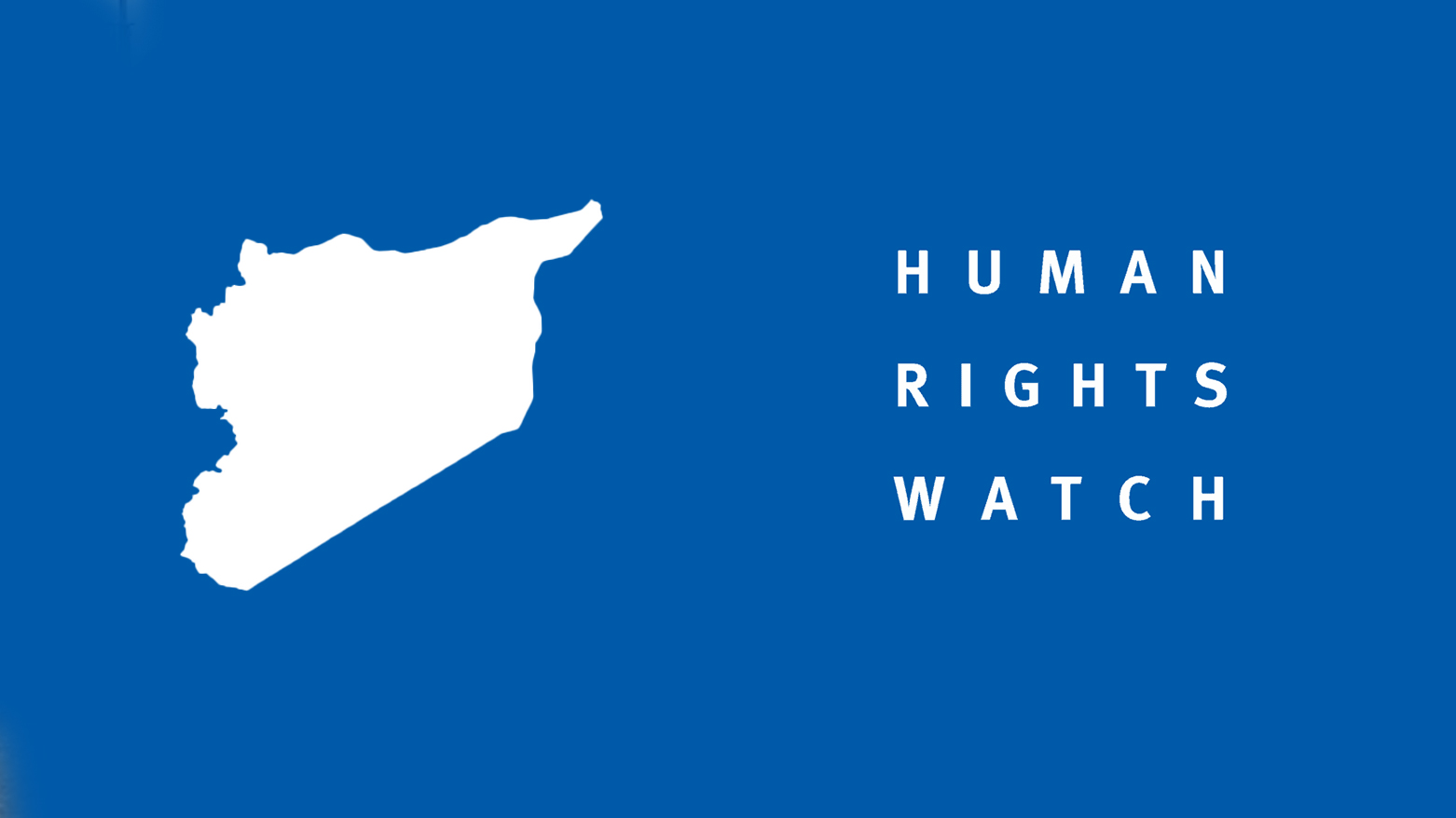HRW: Syria’s constitutional changes could solidify autocratic power
"This declaration risks strengthening executive control at the expense of fundamental freedoms at a critical moment for Syria’s future,” said Adam Coogle.

By Ahora Qadi
ERBIL (Kurdistan 24) – Human Rights Watch warned on Wednesday that Syria’s newly approved constitutional declaration, intended to govern the country during its transitional phase, consolidates power in the executive branch and may undermine judicial independence.
Expanding Presidential Authority
The declaration, signed by interim President Ahmed al-Sharaa on Mar. 13, 2025, grants the president sweeping powers, including control over judicial and legislative appointments, without oversight. These extraordinary powers, justified as necessary for the transitional period, have raised concerns about the rule of law and human rights protections in Syria.
Adam Coogle, deputy director for the Middle East at Human Rights Watch, stated, “Without stronger safeguards and independent oversight, this declaration risks strengthening executive control at the expense of fundamental freedoms at a critical moment for Syria’s future.” He emphasized the need for accountability, given the history of unchecked power in previous governments.
Ambiguities in Human Rights Protections
While the declaration includes provisions for justice and human rights, such as repealing Assad-era emergency laws, annulling terrorism-related convictions, and restoring confiscated properties, its effectiveness remains uncertain without independent enforcement mechanisms.
It also promises transitional justice measures to prevent impunity for war crimes and crimes against humanity. However, Human Rights Watch cautioned that without safeguards for judicial independence and executive limitations, accountability efforts could be compromised.
The declaration also enshrines rights such as the presumption of innocence, protection from torture and enforced disappearances, and adherence to international human rights treaties ratified by Syria. However, concerns persist over restrictions on free expression. Article 49(3) criminalizes “glorifying the former Assad regime and its symbols” or “denying, justifying, or downplaying its crimes.” Human Rights Watch warned that the vague language could be used to suppress political dissent.
A Presidential System Without Oversight
Under Articles 31 and 35, al-Sharaa holds both executive authority and control over the Council of Ministers, whose members he alone appoints and dismisses. The declaration establishes a rigid presidential system without mechanisms for parliament to remove the president, approve or dismiss ministers, or impose checks on executive power.
Human Rights Watch urged Syrian authorities to revise the declaration to include stronger protections for judicial independence and legislative oversight. Coogle stated, “Syria’s transition should be a pathway to democracy and rights, not an excuse to entrench authoritarian rule.”